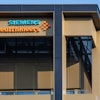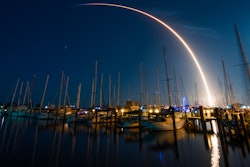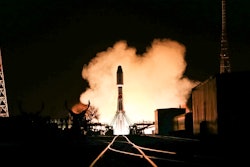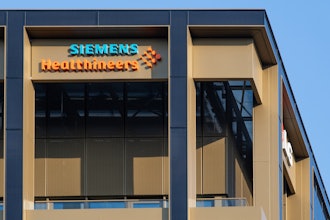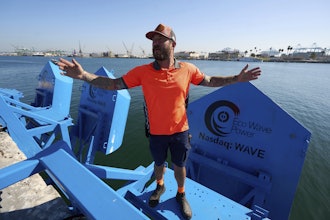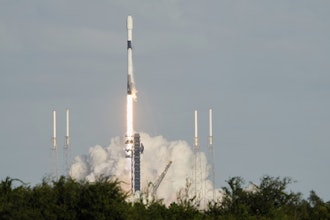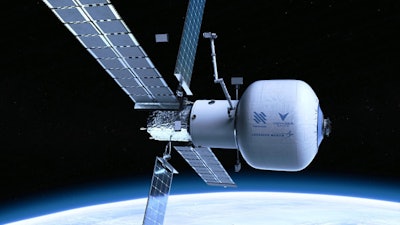
Nanoracks, in collaboration with Voyager Space and Lockheed Martin, has been awarded a $160 million contract by NASA to design its Starlab commercial space station as part of the agency’s Commercial Low-Earth Orbit (LEO) Development program.
Starlab will enable NASA’s initiative to stimulate the commercial space economy and provide science and crew capabilities prior to the retirement of the International Space Station (ISS).
The initial $160 million award to Nanoracks is made via a funded Space Act Agreement through 2025. This initial NASA-provided funding will be supplemented with customer pre-buy opportunities and public-private partnerships. Fully owned by Nanoracks, Starlab is planned to reach initial operating capability in 2027, which ensures continuous human presence in LEO by U.S. entities. NASA will have the opportunity to purchase crew and payload services on Starlab through separate services contracts with Nanoracks.
Nanoracks has unparalleled commercial experience on the ISS. Joined by Voyager Space’s sophisticated investment strategy and expertise in operational integration and Lockheed Martin’s engineering knowledge and strategic vision, the Starlab team presented a formidable program for the future of LEO commercialization.
The basic elements of the Starlab space station include a large inflatable habitat, designed and built by Lockheed Martin, a metallic docking node, a power and propulsion element, a large robotic arm for servicing cargo and payloads, and the George Washington Carver (GWC) Science Park. The GWC Science Park is a state-of-the-art laboratory system which will host a comprehensive research, science, and manufacturing capability. Starlab will have the capacity to continuously host up to four astronauts to conduct critical science and research.
Nanoracks will prime Starlab’s development leveraging over a decade of experience as the pathfinder and global leader in commercial ISS utilization. Voyager Space, the majority shareholder in Nanoracks, will lead strategy and capital investment, and Lockheed Martin, a leader in developing and operating complex space technology, will serve as the technical integrator of the new advanced space station.


